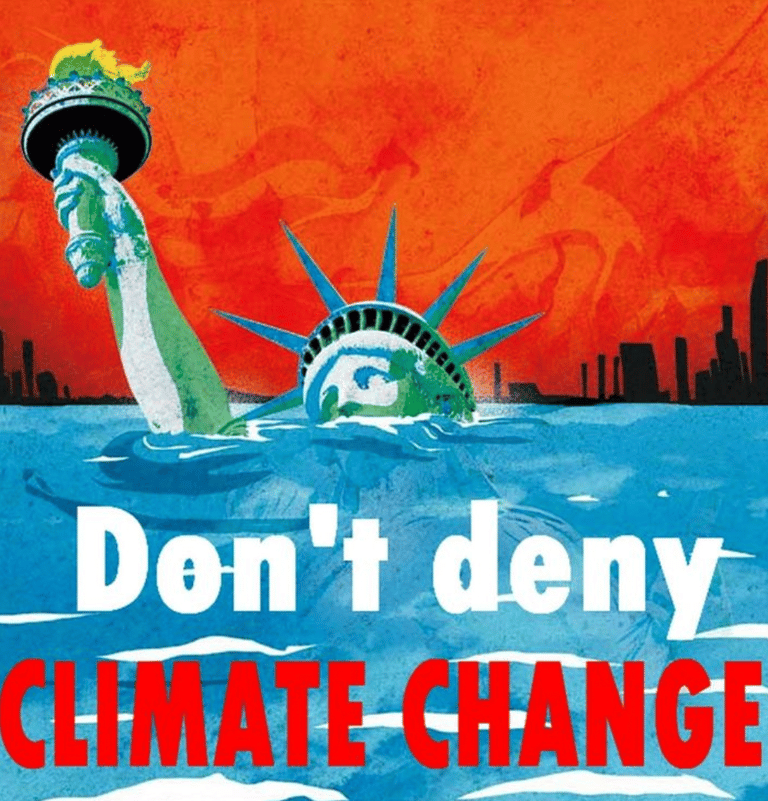Don't Deny Climate Change
In the end, the planet doesn’t care about debates. It just keeps warming.


Climate change is real. The science is conclusive, and the evidence undeniable. Yet, denial persists—not just among the uninformed but across entire communities, industries, and political landscapes. Understanding why people reject reality isn’t just frustrating; it’s essential if we want to move forward.
97% of climate scientists agree that human activity is driving global warming. Despite this, misinformation thrives. Why?
Cognitive dissonance plays a major role. When people’s lifestyles—driving, flying, eating meat—clash with climate realities, it creates discomfort. Change is hard. Denial is easier. Rather than reconsidering their impact, many dismiss the problem entirely.
Politics makes it worse. Climate change has been packaged as a partisan issue, particularly in regions where fossil fuel industries hold power. It’s no longer just about science; it’s about identity. Rejecting climate change isn’t just skepticism—it’s a statement of political allegiance.
Denial also acts as a defense mechanism. Accepting climate change means accepting responsibility—and that’s overwhelming. Some simply block it out to avoid fear, guilt, or helplessness.
Social influence reinforces the cycle. If family, friends, or entire communities deny climate change, agreeing with them is easier than being an outsider.
Beyond psychology, climate denial is manufactured. Fossil fuel corporations have spent decades funding misinformation, pushing doubt into public discourse just as the tobacco industry did with smoking. They’ve lobbied against climate policies, paid to discredit scientists, and saturated media with misleading narratives. The result? Public confusion over an issue that should be indisputable.
The consequences of denial are catastrophic. Delayed action. Rising emissions. Intensifying disasters. While politicians debate, those most vulnerable to climate change suffer first and worst.
So how do we break through? Facts alone won’t cut it. Denial isn’t just about science—it’s about identity, emotion, and belief. Instead of bombarding skeptics with data, we need to engage differently: listening, understanding resistance, and sharing personal stories. People relate to experiences more than numbers. Encouraging small, practical steps toward sustainability can also make the problem feel less overwhelming. And perhaps most critically, fighting misinformation—calling it out, promoting media literacy, and demanding accountability—remains essential.
Climate denial isn’t just ignorance; it’s psychological, political, and deliberate. Tackling it means addressing all of these fronts. Because in the end, the planet doesn’t care about debates. It just keeps warming.
Sources:
Then there’s confirmation bias. People seek out information that reinforces what they already believe. If someone is skeptical about climate change, they’ll find media, social circles, and online content that validate their doubts. The result? An echo chamber of misinformation that feels as legitimate as real science.
The Dunning-Kruger effect adds another layer. Many deniers believe they’ve “done their research” after scrolling through a few blogs or watching a handful of YouTube videos. Lacking expertise, they overestimate their understanding and reject the work of actual scientists.
Art courtesy of Raphaël Ponce
